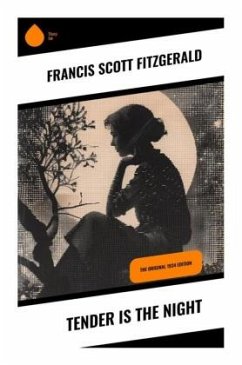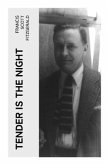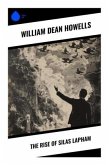Tender Is the Night, a novel by F. Scott Fitzgerald, explores the interplay between love, ambition, and the fragility of human connections against the backdrop of expatriate life in Europe during the 1920s. The narrative unfolds through a lyrical prose style that captures the decadence and disillusionment of the Lost Generation, skillfully blending vivid imagery with introspective character development. The novel intricately depicts the rise and fall of Dick Diver, a charming psychiatrist, and his tumultuous relationship with the self-destructive heiress, Nicole. Set amidst the glamour of the Riviera, Fitzgerald's work delves into psychological complexities and the perils of addiction, reiterating the moral ambiguities of its time. Fitzgerald, an emblematic figure of the Jazz Age, wrote this semi-autobiographical novel during a period of personal turmoil, reflecting his own struggles with fame and addiction. Influenced by his turbulent marriage to Zelda Sayre and their subsequentchallenges, Fitzgerald channels his experiences into the narrative, illuminating themes such as the corrosive effects of wealth and the quest for identity. I highly recommend Tender Is the Night to readers who seek an evocative portrayal of the human condition, enhanced by Fitzgerald's keen observations on society. This novel is not only a hallmark of American literature but also a profound exploration of love's intricacies and the haunting specter of disillusionment.
Bitte wählen Sie Ihr Anliegen aus.
Rechnungen
Retourenschein anfordern
Bestellstatus
Storno








